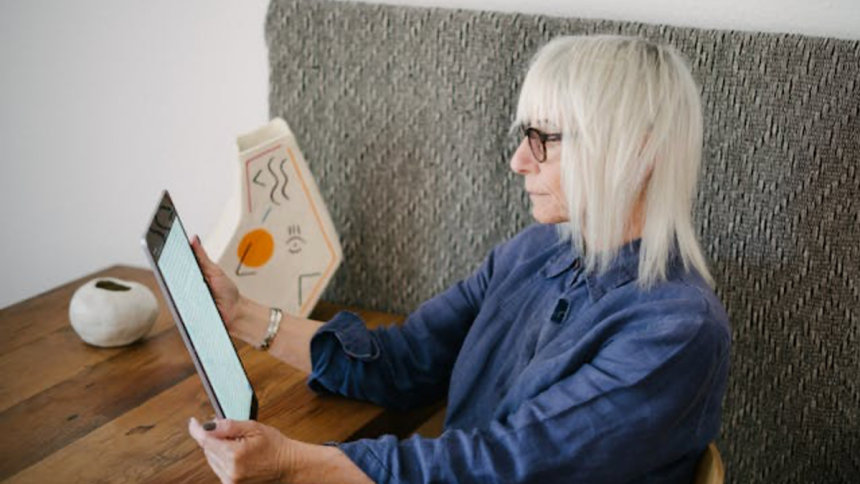When a medical condition impacts how we think and look back on our lives, it addresses a very fundamental, profound aspect of life itself. A physical condition impairing, say, a limb is very different than one affecting our brain, as that dictates how we think about it.
Specialists at dementia facilities need to be very philosophical when it comes to treating patients because they need to balance practical needs like their physical safety with showing dignity and concern for the whole of their lives.
Let’s check out the leading philosophies of the best dementia care centres.
Belonging Matters
Residents need to feel like they’re at home wherever they live, or they don’t truly belong there. Belonging is an easy thing to discuss, but it’s harder to make a person feel. The difficulty of this task only increases when the person struggles with memory issues and other symptoms of dementia to a severe extent.
Thankfully, dementia care facilities like Sagecare understand how to make all residents feel like they’re at home by making dementia seem like just another ordinary aspect of life. That way, residents can relax and don’t need to work hard to maintain the appearance of holding their “self” together.
Residents feel like they belong when they’re surrounded by caring staff who understand who they are and support them in an environment that plays to their strengths.
Growth and Laughter
Leading dementia facilities understand that the condition does not represent for residents the end of their personal journey and joyousness. True, cognitive changes happen, and they make that road different than expected and sometimes challenging.
However, there are still immense chances for growth, meaning, and joy ahead. No matter how the conditions and symptoms of dementia patients stress their carers at a given moment, there’s always a bright and happy future ahead.
Abilities Grow and Decline
Change doesn’t constantly move in only one direction. It’s in flux. People’s abilities can improve and decline over the short, medium, and long term. People are also allowed to have bad days. It doesn’t mean they won’t bounce back tomorrow.
Alongside this, it’s important to remember that there’s a richness in life that can’t be reduced to logic or reason and that love and meaning can express themselves in unconventional ways. People aren’t worthy of love based on what they do, but who they are. As a person’s mental capacities evolve, that never changes.
How to Act
Philosophy needs to be blended with action when it comes to caring for people with dementia. It’s not always easy or possible to separate belief from action, but in general, leading dementia carers need to check their assumptions and motivations, presume capacity, seek continual consent, and protect the sanctity of the home.
There are competing directives sometimes, but knowledgeable, experienced carers understand how to balance medical support with the type of personalized concern that everybody needs. Ultimately, they need to do what’s right for the patient’s medical care, spiritual well-being, and basic dignity. Look to a facility with a great track record of care and a wise philosophical grasp.
Lynn Martelli is an editor at Readability. She received her MFA in Creative Writing from Antioch University and has worked as an editor for over 10 years. Lynn has edited a wide variety of books, including fiction, non-fiction, memoirs, and more. In her free time, Lynn enjoys reading, writing, and spending time with her family and friends.















